Financial Inclusion

We-Fi aims to facilitate access to finance for women-led micro, small, and medium enterprises (MSMEs), in addition to providing them with the essential technical support
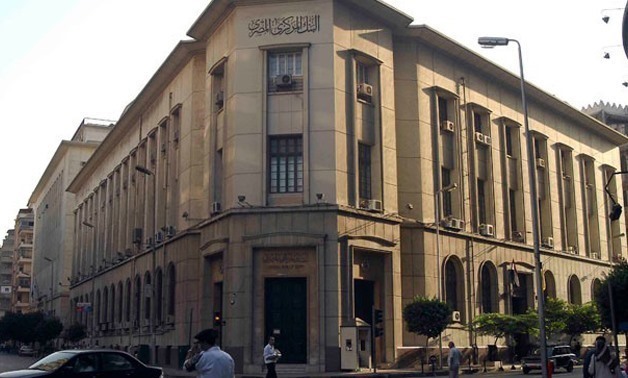
According to the CBE, approximately 46.9 million Egyptian citizens now possess transactional accounts, including bank accounts, Egypt Post accounts, mobile wallets, and prepaid cards

The Central Bank of Egypt (CBE) aims to strengthen monetary policy efficiency and the Egyptian pound’s competitiveness
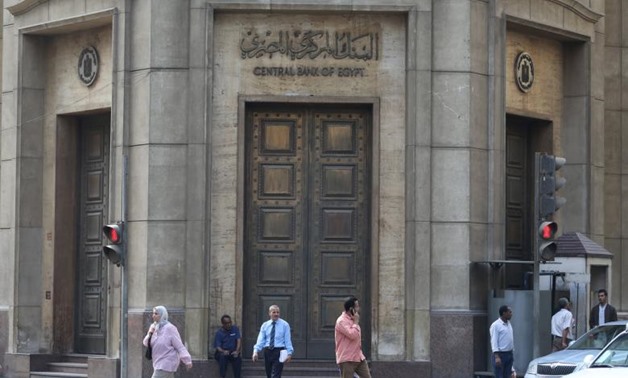
The new service will be provided through the Digital Financial Identity Company, to which the Central Bank of Egypt contributes a 55 percent share of the company’s capital, which amounts to 500 million pounds.

For licensed micro-enterprises, daily transaction limits for financial inclusion accounts, prepaid cards, and mobile banking services have been raised from LE 40,000 to LE 80,000

The bank detailed in a statement issued Thursday that such results reflected the bank’s remarkable activities and efforts on financial inclusion to increase the number of beneficiaries of banking and financial services.

The Central Bank of Egypt (CBE) has issued the main indicators of financial inclusion, which contribute to following up on the development of the use of financial services and products for all segments of society in a way that supports achieving sustainable growth and economic stability.

Loqman said that E-commerce transactions in Egypt reached about LE 200 billion.
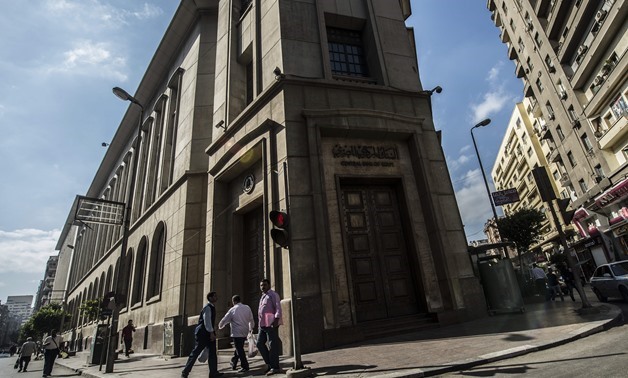
Addressing a conference on the future of small and medium-sized enterprises (SMEs), which is organized by the Union of Arab Banks (UAB) in the Upper Egyptian city of Luxor, Loqman said the CBE is seeking to equally offer financial services to the majority of citizens across Egypt.

Although the free trade part entails removing tariffs, that is not all.
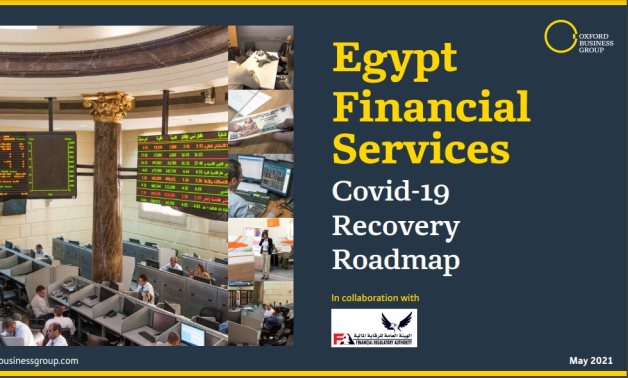
The CRR provides in-depth analysis of Egypt’s response to the pandemic in an easy-to-navigate and accessible format, focusing on key data and infographics relating to its socio-economic landscape.
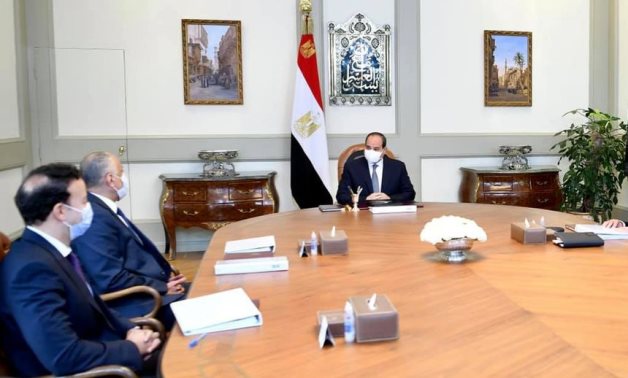
The program is targeted at low and middle income citizens.

There is a global trend to adopt policies that reduce cash dealings, and encourage the use of banking e-financial methods.

In a statement, the bank said the new procedures allow new clients to open savings and current accounts by just a valid national ID number card.

Cairo ICT held on December 1-4 at Al Manara International Conferences Center on the slogan “The Digital Experience.”

Amer stressed as well the need for providing a supportive environment, through backing entrepreneurs and promoting innovative projects, as well as strengthening the business climate.

Thanks to the government's electronic payment and collection system, launched in May, government services have become more accessible to citizens at their actual prices.

The launch of the program came in cooperation with the European Union and the German Embassy in Cairo.

Egypt has taken some serious steps toward financial inclusion, but there are still several barriers on the road to fully achieving it.
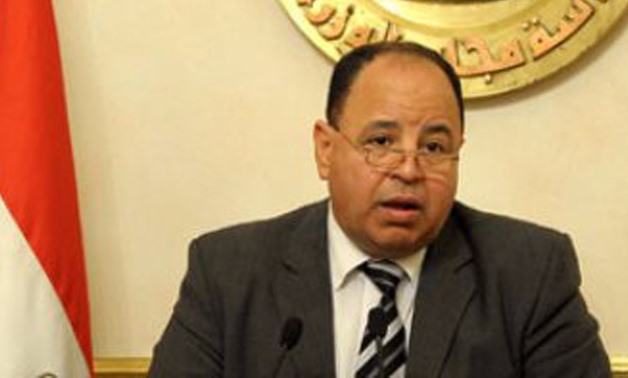
The decision allows the payment of dues less than LE 100,000 by checks with the prohibition of payment of any financial dues in cash except for amounts less than LE 5,000.
Most Read